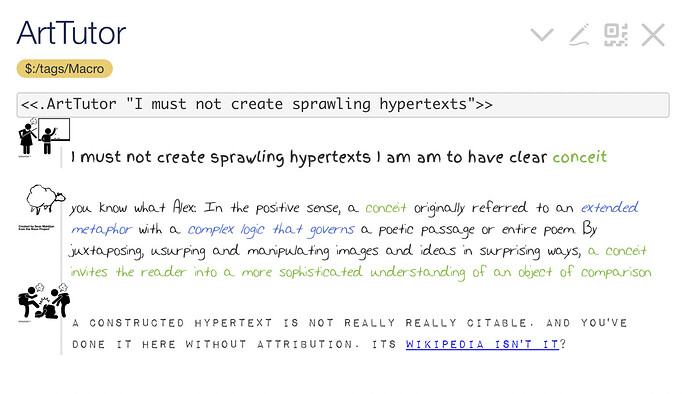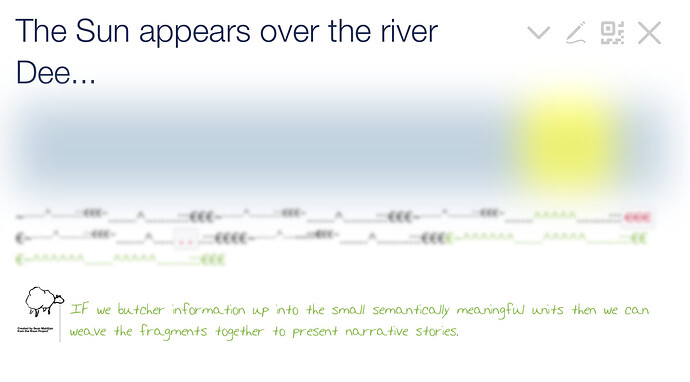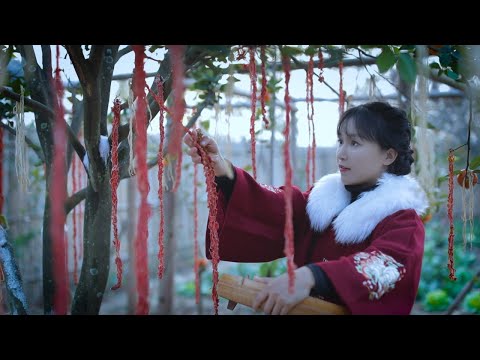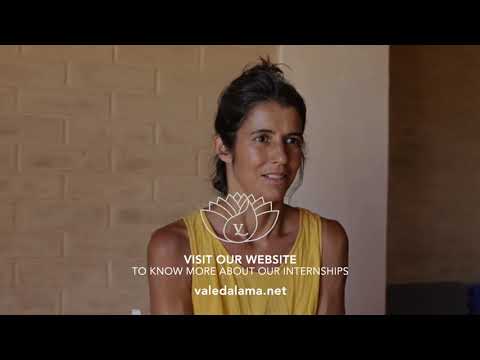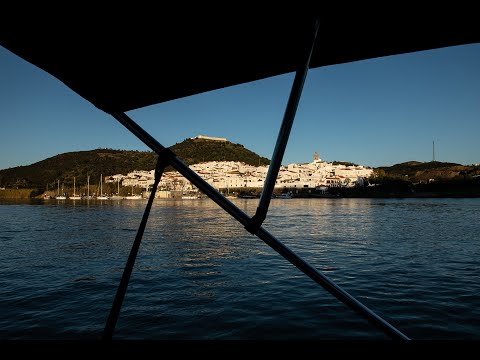I am not evolved. Just saying.
@ludwa6 my thoughts exactly.
Nature and Evolution is a hot bed of “algoritiums” to tap into, especially our own “pre-history” and nature we tend to loose track of in our intellectual worlds.
The tendency towards diversity, and life’s local increases in order are interesting subjects. To me I hope to continue building order through the evolution of the way I organise knowledge and information (in TiddlyWiki)
Don’t get me wrong, I too love the depth in many intellectual pursuit’s as well.
Me too @TiddlyTitch
Ha. Your example is great. And kinda supports my point actually. My complaint was not about would-be farmers, merely that use of the “garden” thing in metaphors for code design is a growth hormone too far 
TT
Vero. FYI, I did get very interested in the Sonic Hedgehog genie thing that led to your ultimate metamorphosis.
Yes! the reverse is correct! The ideas are like seeds! You can grow them!
Thank you! I didn’t think about that.
I could develop the visual style by cloning SheepyWiki’s visual style. I think I’d just discovered CSS animations at the time
Your encouragement at the time was most appreciated btw
Alex
In a TiddlyWiki Garden plants can be cloned from an original. Ideas may be seeds, but we can also clone them, put them in new environments.
It would be a analogous to NewHere method of creating new tiddlers, changing the type of plant by editing might not be possible.
But I suppose if I took a cutting (clone) then grow the plant and then grafted a new branch on later I would be editing the plant, or maybe refactoring them.
SheepyWiki was inspired by Dolly the sheep, the first cloned sheep.
Alex
I’m thinking back to Wards Wiki, the first wiki.
There, Ward Cunningham developed the idea that software could be developed using Pattern Language, an idea from building and the built environment.
Like a town, a building, parks and gardens, we can see software as something that needs continuous repair and care.
The same ethos was applied to his wiki, which developed a method of software development following Pattern Languages.
A literal real life wiki garden could take inspiration from wiki culture, inheriting ides from Christopher Alexander et al. in the pattern language book.
Alex
Would you believe when I was a young man (70s) I saw some of the first clones produced. I met a scientist over my CB Radio and went with my father to “eye ball” him and he showed us his hundred’s of identical “pitcher plants”, they then used these as controls in plant experiments. I never had trouble with the concept of cloning my tiddlers.
Christopher Alexander et al. in the pattern language book.
I know of Christopher Alexander, I have that book, “The Pattern Language” and read some of the larger tomes in our local university. I took an interest during my “sustainability years” where I taught myself a lot about sustainability, environmental, social and the built environment, which is what drew me to “The pattern Language”. Of course I was surprised to discover it’s relationship to my carrier in Information Technology. I believe it was the source of many developments in coding in the earlier days especially.
Personally my interest is growing in the direction of abstraction and instantiation. Which may be part of a superset which includes digital gardens, patterns and biomimicry etc…
Hi @ludwa6 : first of all thanks for your interest and sharing your wiki. It shows the signs of a highly organised approach. The project itself is something I think a lot of people will be interested in.
My garden is located in an area (Alsager, Cheshire, England) which previously grew a lot of fruit and veg in market gardens. It seems now that locally grown and sold produce are quite scarce. A project like yours would go down really well.
We have a small independent shop locally which sells organic produce – not much of it is grown nearby. The local economy (and the rest of the UK economy) currently struggles to support enterprises like your SLOfood project.
The farm shops based locally specilaise in meat and ice cream, but not fruit and vegetables. I’ve had a few conversations with people who say would like to buy local produce.
Yes! I am “aiming to build something that should serve to engage community” (I couldn’t have put it better)
(Wouldn’t it be wonderful if this interaction around the idea of wiki gardening on the TiddlyWiki Forum sparked a real life community market garden project!)
I looked into pickle making a few years ago. I became fascinated my Japanese fermentation and then the fermentation revival movement of which Sandor Katz has become a leading light. Katz has written a book on fermentation as metaphor [1], and in the exhibition Old Kitchen, what I’m currently calling the room opening onto the WikiGarden (or TiddlyWikiGarden … I’m not sure at the moment) there are the start of a plan for Pickle Club.
Pickle Club would be a monthly community meeting where people learn and swap their preserves. The Club could have events. One event that could work would be sausage, beer and sauerkraut, another BBQ and kimchi.
This monthly meeting could be one of many. The other monthly meeting on the drawing board is a reboot of The Lunar Society, a group of folk who met on full moons.
A way to sell “surplus” goods could be through homegrown events. I imaginge the lunar society will be nurishing themselves with Cheshire Cheese and some kind of pickle and ale.
What I am getting at here is that building a community around the product
In Cheshire, arguably the area in which the industrial revolution first took hold, Elizabeth Raffald published the first recipe for Piccalilli, a pickle which is now very much associated with the UK’s collection of traditional food, but the concept came from India. And its a simple concept: Pickle your crop so that it can be stored, give it a brand name , sell it keeping connection to the local area.
In the USA there are some social enterprises built around pickling, and for some years it has felt that fermented good were going to break through into the mainstream in a similar way to craft beer.
In Japan producers specialise in different pickles. Begin Japanology [2] is a good place to start. In China Li Zi Qi has turned the running of a market garden in the Szechuan mountains into an art form. Her YouTube channel shows traditional Chinese agriculture and foraging, she’s become a huge success. Check out her Secret Life of Radish to she how traditional skills and small scale agriculture can be combined in a highly stylised aspirational aesthetic.
[1] Fermentation as Metaphor by Sandor Ellix Katz | Chelsea Green Publishing
[2] BEGIN Japanology - Tsukemono Pickles - YouTube
SheepyWiki2 is seems like one of the less confusing of the 7 versions I put onto my GitHub. Substitute the number at the end to see other versions
https://alexhough.github.io/SheepyWiki2.html
I hacked a documentation macro and instead of icon for a tip or idea I substituted for a sheep icon I found on the Noun Project
The idea developed from the documentation macro into a way of marking up different perspectives or voices into the text.
The sheep I had in mind was on a hill, overlooking the Cheshire Plain, out towards Liverpool, Wales and the Irish Sea. I imagined the sheep to be a cartoon character, and as a cloned sheep it would have certain attributes.
I was thinking about Do Androids Dream of Electric Sheep, and cloned that idea and adapted it to the dreams of a cloned sheep! Maybe I’d eaten some strange pickle… anyway …it interesting for me looking back at SheepyWiki!
My thinking around wiki gardening evolved when I was recording a podcast in a hut devoted to selling coffee. The owner let me use it in the afternoons when he is closed. In conversation the idea that we were like hermit crabs, using someone else’s shell for our own purposes.
I made some artworks / artefacts, and displayed them so that the coffee business’s customers would see evidence of our activity.
We were like Cuckoos, laying ideas in someone else’s nest. The project was called Divergence and Drift to encourage creative thinking. We may have talked about memes but somehow I ended up searching “extended phenotype culture.”
I came across Kim Sterelny and 4E cognition. From this comes an idea that a culture is like scaffolding for the mind, the mind and culture works together.
For me, actually doing a physical project with some metaphorical meaning is like scaffolding. Taking wiki gardening a little bit further than the metaphor, creating real life thing (like Charles Jencks did with his Garden of Cosmic Speculation) is perhaps an inclination more associated with the arts than software.
Artists have a licence to mess about with metaphors and their origins. Conceptual art is all about playing with concepts without any immediate practical purpose.
I like the idea of coming full circle or closing the loop between the wiki garden metaphor, its origins in pattern languages and creating a new pattern language where wiki thinking (OK specifically TiddlyWiki thinking and culture) becomes part of a new pattern which could fit in with some of Alexander’s original patterns.
Wiki gardening comes from within a theory of adapting buildings, communities and public and private spaces.
I see the process of physically gardening and designing a garden as one which has spin off effects. By focusing on the task, invariably your thoughts diverge and drift.
A real physical task, outside with other people – having real life conversations – is somehow embodying a metaphor, and in my context a collision of contexts which may have little value than my own amusement!
I think this is what Charles Jencks tried to bring into a garden, but instead of a mind map you’d go into a real garden which links to ideas. He takes the roman idea of using location to aid memory and takes it into areas of uncertainty: physics and his own discipline of post-modern architecture.
The walk around the garden is generative, creating new ideas: different from a map which shows what’s already there.
Alex
Brilliant piece of work, @AlexHough : not only is this a top-tier addition to my short list of TW learning resources, but moreover creative, and FUN! Love the sheep imagery, and the various metaphorical connotations of it; an idea w/ LEGS, man -bravo!
/walt
I started with the sheep character:
Then imagined a learning community. Of course we have bullies.
I imagined a framework for telling stories, with characters’s voices adding to the text. I was inspired by hypertext fiction, Mark Bernstein and his tool Tinderbox. SheepyWiki would be like a hypertext comic, but also a way of bringing self criticism and reflexivity into the text.
With the help of SheepyWiki it looks like I wandered off the plot and then lost the plot!
Some of the tiddler titles have three full stops at the end. This is unfortunate because they can’t be added to permaviews. The ones ending with three full stops are landscape pictures with the sheeps thoughts. Of course, being a clone, she doesn’t always have original thoughts
I believe I can see a TiddlyWiki culture, even only if it is in my head. Certainly the complexity, the networking and alternative structure especially linking, provides plenty of room for creativity not unlike that found in art and philosophy as well as we find in community.
Good to hear. If there is any topic that should be tasty enough to engage lots of interest (seeing as how everyone eats), it seems to me that this one ought to have that sort of broad appeal. The one hair i see in this soup is that TW tech does not lend itself so well to the development of real community (i.e. multi-contributor) applications… Tho i gather that there is some development along such lines in the works (am i right, @joshuafontany ? 
GMTA, Alex! an idea whose time has come, IMHO. Of course it is inherently challenging, inasmuch as a Community Market Garden IRL (In Real Life) is about bringing people together in contiguous Space-Time, while a web community like ours is physically dispersed by its very nature. Still, that is no obstacle, from my perspective; in fact the very diversity of perspectives brings a richness of offerings.
For example: In your UK context, a focus on preserves makes perfect sense, while i am more focused on fresh vegetables, which we grow all year round down here in sunny Algarve PT… Though we also bring to market a few fermented products (e.g. kimchee & kraut, kombucha, etc.), mainly because of their probiotic qualities. Anyway: you are obviously more deeply immersed in that topic than me (i have skimmed S.Katz’s “Wild Fermentation,” but the Japanology ref is a new one on me. More to explore!).
Anyway Alex: i’m happy to engage w/ you more deeply about this topic -along w/ anyone else here that is likewise energised by this thread of potential collaboration. “Comida Viva,” as we call it down here; “Living Food” for not only thought, but action!
It sounds like you have an amazing set up over there.
In edition to the Japanese video, I tried to add this one [1]
Here I think we have a highly aspirational presentation of the world of small scale horticulture. It’s beautiful and takes gardening, combines it with food and takes it into the art of film-making – the kind of thing that transcends the work of the influencer.
Li Zi Qi is now one of the biggest YouTube stars in China, the video below has been viewed over 13 million times. Its about radish, aka Daikon. Check out how she cuts those huge carrots and hangs them from the trees!
Trust me when I say I am working on it!
Wow: this short film is amazing on so many levels; thanks for sharing,m @AlexHough. So inspiring AND informative, even w/ voicetrack in a language i can’t follow, and SO beautifully filmed & produced. As for Li Zi Qi: I would give it all up to be her Intern (slave, whatever :-)), if only…
I will certainly be sharing this little gem w/ our farm team, to “raise the bar” a bit on our own standards. Like: compare that one to our little homespun video on making saurkraut:
…And it’s obvious how production quality trumps content
As it happens tho: there was a film crew here over winter, filming this other short feature (~8min) just published last weekend, whose 2nd half is all about our farm:
Voicetrack is all in Portuguese, of course, and, though i wish content was a bit more about farming and less about “feeling,” production values are pretty good, IMHO. Tough league, tho, that thar YouTube!
/walt


